Blog
Get the inside scoop about life at U-M and applying to Michigan from current student bloggers, Admissions staff, and guest faculty writers.
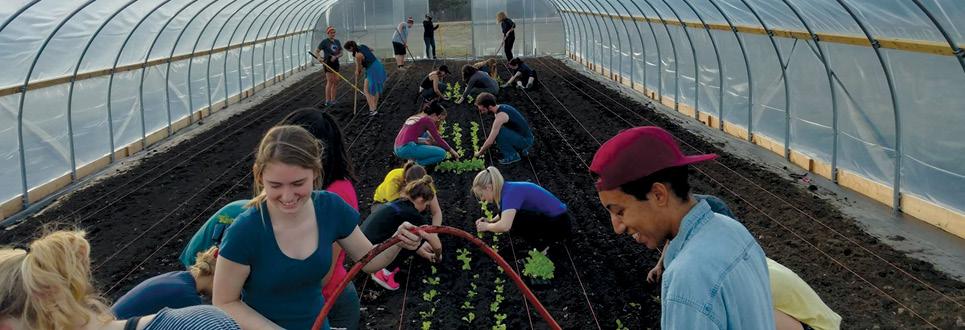
Get the inside scoop about life at U-M and applying to Michigan from current student bloggers, Admissions staff, and guest faculty writers.

One full academic year of online classes is now complete. How have U-M students navigated remote learning this past year? Read on to hear from several students about their experiences and what helped them adjust to the new demands of remote learning.
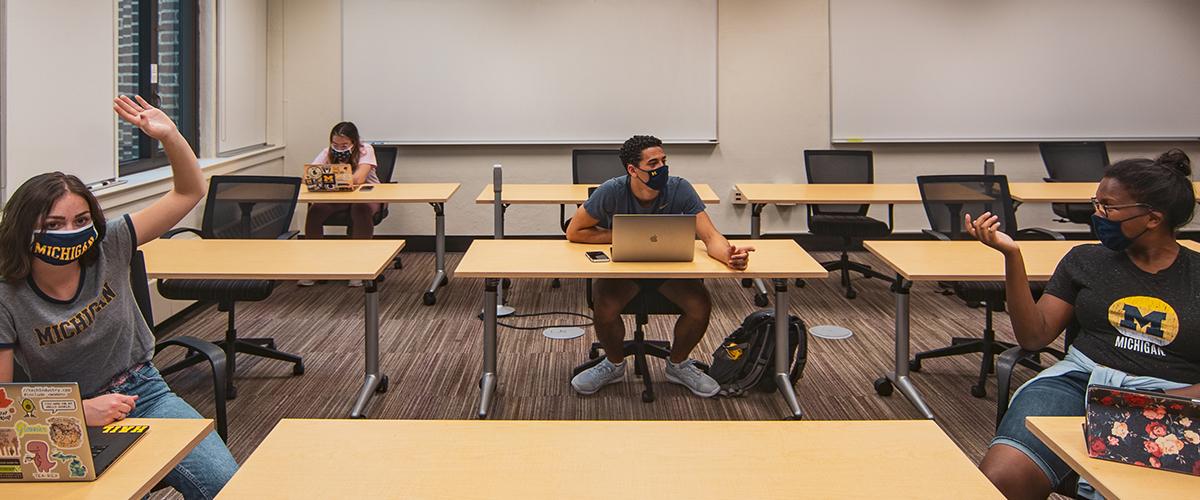
It goes without saying that this school year has been extremely challenging for students. Remote learning has offered students a unique educational experience that has taken the definition of “student” to a whole new level.
This past year, many of my classes utilized asynchronous or pre-recorded lectures, which allowed me to fit classes into my personal schedule rather than the other way around. This term pushed me to be creative and find more ways to relax without looking at a screen. Overall, I learned a lot about myself over the past several months and what I needed to be successful, balanced, and happy.
What do other U-M students think about remote learning? Let’s find out. I interviewed several students about their experiences this year. Read on to meet Aditi, Ebony, and Elizabeth!

Aditi was a first-year student, now rising sophomore, in the College of Literature, Science, and the Arts.
Madeleine: How would you describe your remote learning experience this past year?
Aditi: It definitely was very interesting in that it was very different from in-person learning. There were a few elements that were challenging, but there also were some perks. For example, it was harder to develop relations with your professors in a virtual setting. But, those challenges were sort of mediated because professors are more than willing to help you through the transition and hold office hours, even for super large classes that have hundreds of students.
Madeleine: What strategies did you use to adjust to remote learning?
Aditi: I used Google Calendar and planned out all of my events. It's honestly the thing that helped me the most. In general, I made sure that I had a routine every day. I got up at a certain time and ate lunch at a certain time. I made sure to spend time with people. There's so many places you can go to and study even with the remote setting. I could reserve a room in the MLB or study in the League. It's really nice because you also see a bunch of other people doing the same thing.
Madeleine: How was it meeting new people virtually?
Aditi: My experience was super awesome. For clubs, they had virtual icebreakers that were like virtual events. Those were super fun. It honestly made me pretty excited for future semesters because I know that, when it's not virtual, it's going to be even better.
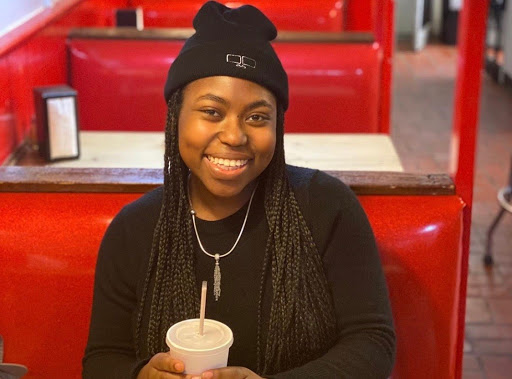
Madeleine: How would you describe your remote learning experience this past semester?
Ebony: It was actually good for me. I know a lot of people found it really difficult because they were used to going to classes in person. But I liked remote classes, to be honest, because you could multitask. It helped me focus. I enjoyed it.
Madeleine: What strategies did you use to adjust to remote learning?
Ebony: The thing that I think helped me the most was waking up in the morning and still going somewhere for class, even if it's not to class. I would wake up and go to North Campus or go to Mason Hall because all the classrooms there were open. I could take my Zoom class there. It felt like it created a separation between home and school.
Madeleine: What was your experience with clubs like?
Ebony: This year, clubs and organizations made it really easy for you to decide if you wanted to do some things in person, outside and socially distanced, or completely online. So there were some options.
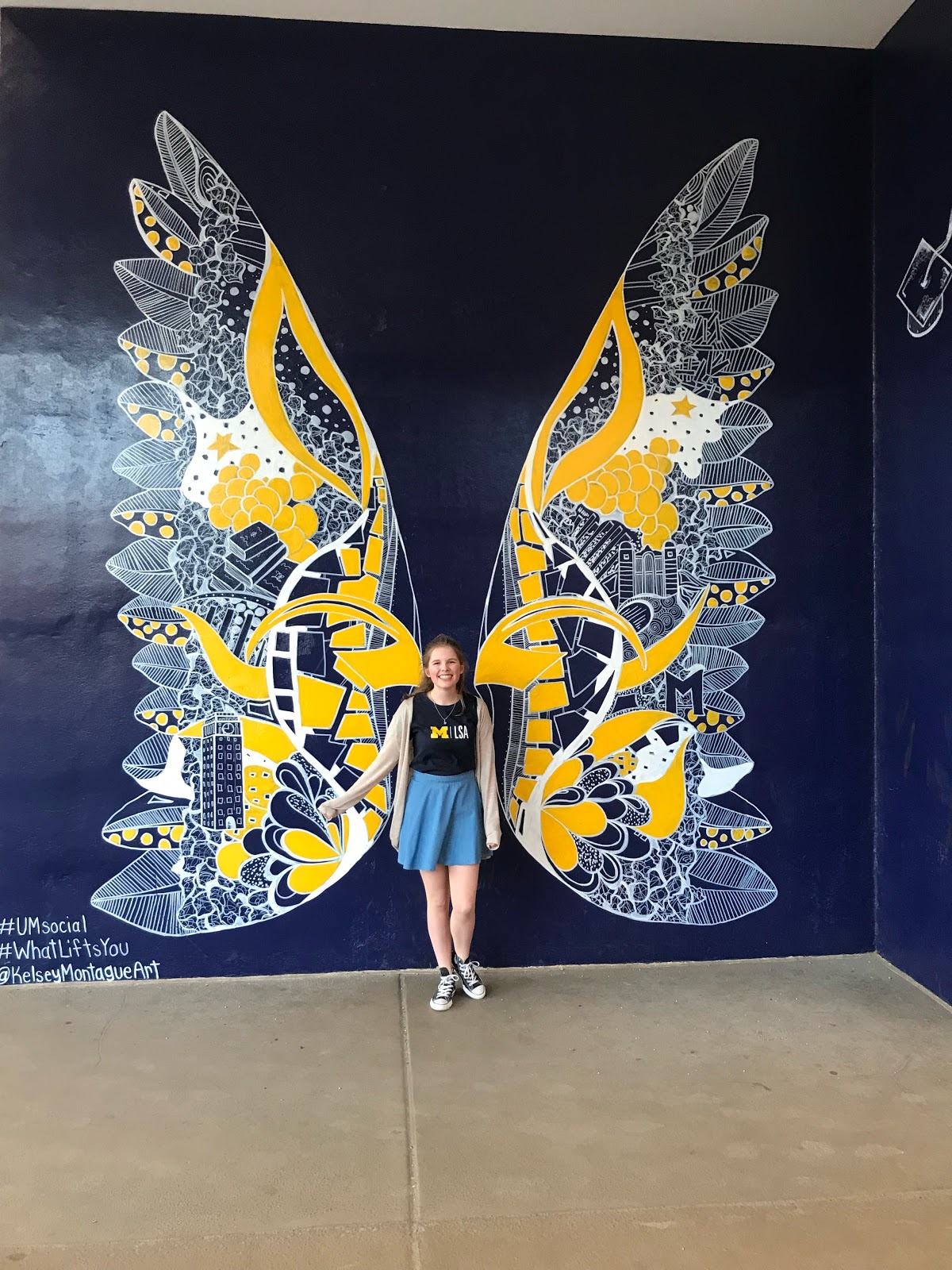
Elizabeth Williams was a sophomore, now rising junior, in the College of Literature, Science, and the Arts.
Madeleine: How would you describe your remote learning experience this past semester?
Elizabeth: Remote learning has certainly had a learning curve, but I adjusted. My professors and GSIs were very flexible and understanding of our situation, particularly when I moved out of the dorms due to the stay-at-home order. In some ways, I’m actually beginning to prefer aspects of online classes, such as being able to rewatch sections of lectures that I didn’t understand the first time. Not to mention that I can get up five minutes before class and still be on time!
Madeleine: What strategies did you use to adjust to remote learning?
Elizabeth: Google Calendar was a must for me, and I had it synced with my Alexa so that I could get a reminder 10 minutes before my classes began. I used that 10 minutes as a “passing time” to get water and take a small break. I also wrote out what assignments I wanted to get done, in order of urgency, on a sticky note just to be able to check them off. I combined all of this with my trusty planner, and it kept my assignments on time.
Madeleine: Have you picked up any new skills or hobbies recently?
Elizabeth: I’ve recently picked up water colour painting, which is a nice way to relax away from the screen. I’m trying to read some new books as well as revisiting old favorites. I’m also catching up on all the shows that people can never believe I haven’t watched, such as Parks and Rec and Superstore! Some phenomenal stand-up comedians have emerged during quarantine, and I am really branching out from my traditional John Mulaney!
A huge shoutout to Aditi, Ebony, and Elizabeth for sharing their experiences. These three students have shown us what it means to be resilient and resourceful in the era of remote learning. Congratulations everyone on finishing up this semester. I hope you have a relaxing break!
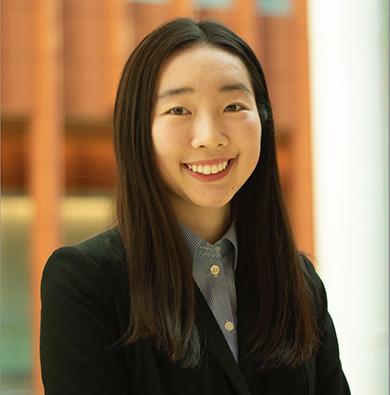
Madeleine Lee is a senior in the College of Literature, Science, and the Arts with plans to work at the intersection of health and social justice. Outside of the classroom, she conducts research at the Kellogg Eye Center and is a member of the Korean-American Scientists and Engineers Association. She is an Ann Arbor native, and in her free time, you can find her running, solving crossword puzzles, or making playlists.